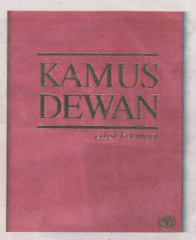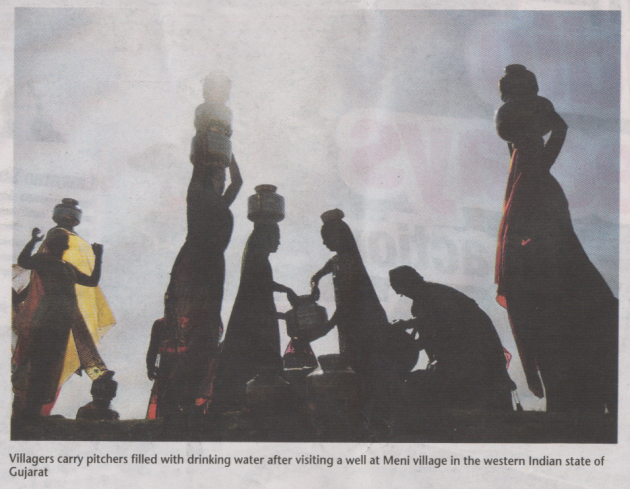More than words
Professor Tan Sri Dato' Dzulkifli Abd Razak
Learning Curve : Perspective
New Sunday Times - 01-05-2011
WHEN it was announced that the Interlok issue was final and that the government deemed the matter closed, many felt relieved, though some thought it was rather naive of them.
In fact, the Education Minister Tan Sri Muhyiddin Yassin was quoted as saying that "there are parties who would like to see the issue being dragged on" (NST, April 1).
So it is no surprise that barely a month later, the same issue under a different guise threatens to erupt, this time targeted at Kamus Dewan. Like Interlok, Kamus Dewan has been around for decades without any disputes. But now with the Interlok "compromise", the gate has been left wide open.

The reason why this is so was ably summarised by well-respected Malaysian historian Professor Emeritus Tan Sri Khoo Kay Kim when he said: "If something is real, then we can't hide it." It is because we have not learnt to accept what is "real" that has allowed the matter to drag on! Indeed, there is no shortage of Literature to target for this concern to continue.
In short, we are now in a bind. The stage for another war of words is set until someone backs down! Even so, there is no guarantee that peace will last!
This is where the article in the Mail Today of New Delhi (April 16) about Dalits, or the so-called "outcast", a group of people traditionally regarded as "untouchables" (essentially pariahs), will prove to be an important mental shift for those interested in solving the problem rather that just "capitalising" on it!
It involves 15 Dalits families in a Rampar village in Gujarat. Reportedly, the "dominant" castes were angry at them for entering the village temple for the first time in their lives. The families were boycotted by members of the entire village who allegedly swore in the name of goddess Meldi (the village deity) that those who cross the line face a fine of 5,000 rupees (RM335)!

The "dominant" castes further deprived the Dalits from buying groceries and flour from the village mills, not expecting that the latter can assert their independence "and could easily survive the pariah handicap". The Dalits said: "They never treated us like humans, but we put up with it."
Consequently, the Dalits were determined to make the existing system redundant by putting in its place an alternative supply mechanism. They decided to set up their own shops and flour mill after securing two loans from the State Bank of India. They started their own economy in under three months and confidently admitted: "We don't need the upper castes anymore."
The lesson of this moving story is that the Dalits are capable of fending for themselves despite the hard time they were given. They embraced Mahatma Gandhi's principle -- self-reliance -- and put everyone to shame. It was perhaps deliberate on their part that they did not go on the rampage over the use of words meant to demean them, no matter how they were sugar-coated (which remains prevalent in many publications in India), but were constructive in solving their predicament. Recognising that "caste discrimination and untouchability have been major issues" as social worker Romila Parmar confessed, the Dalits knew that once the solution is found and implemented, any word that is deemed offensive will die a natural death.
Sadly, the reverse is true in Malaysia. We superficially remove, hide and replace words when the reality is different, as pointed out by Khoo.
As the headline in the Mail Today aptly put it: "Gujarat Dalits thumb their nose at upper castes." There have been too much lip service about the issue, whereas the solutions for "untouchability" are beyond removing the words. Instead of targeting books and dictionaries, we must sensitise the community in which such practices are still tolerated and rampantly practised.
It is not an intellectually abstract issue, but one that is created to artificially promote the idea of exclusivity, instead of inclusiveness! The Dalits of Rampar are indeed an example to those who are truly concerned about the welfare of the marginalised, whoever they maybe.
As the saying goes: action speaks louder than word -- no pun intended!
* The writer is the Vice-Chancellor of Universiti Sains Malaysia. He can be contacted at vc@usm.my
